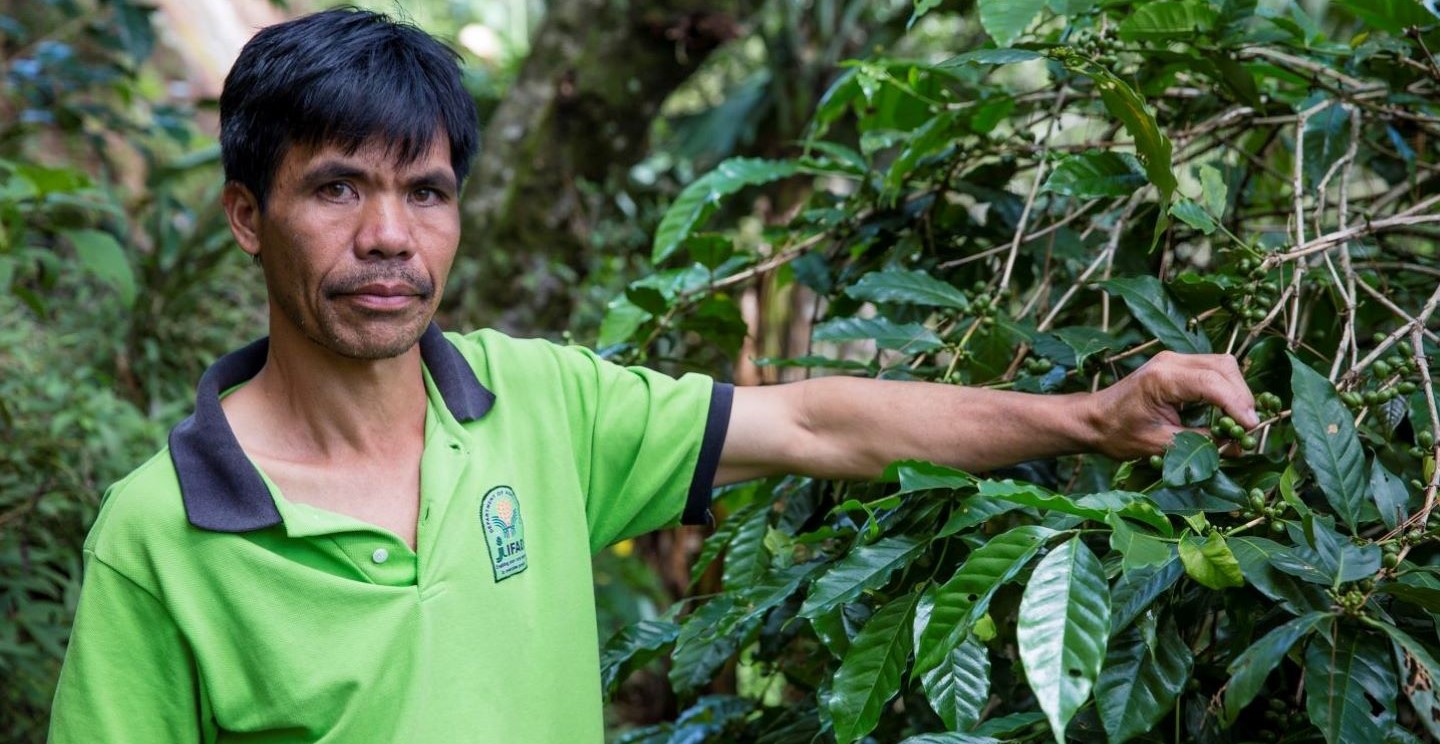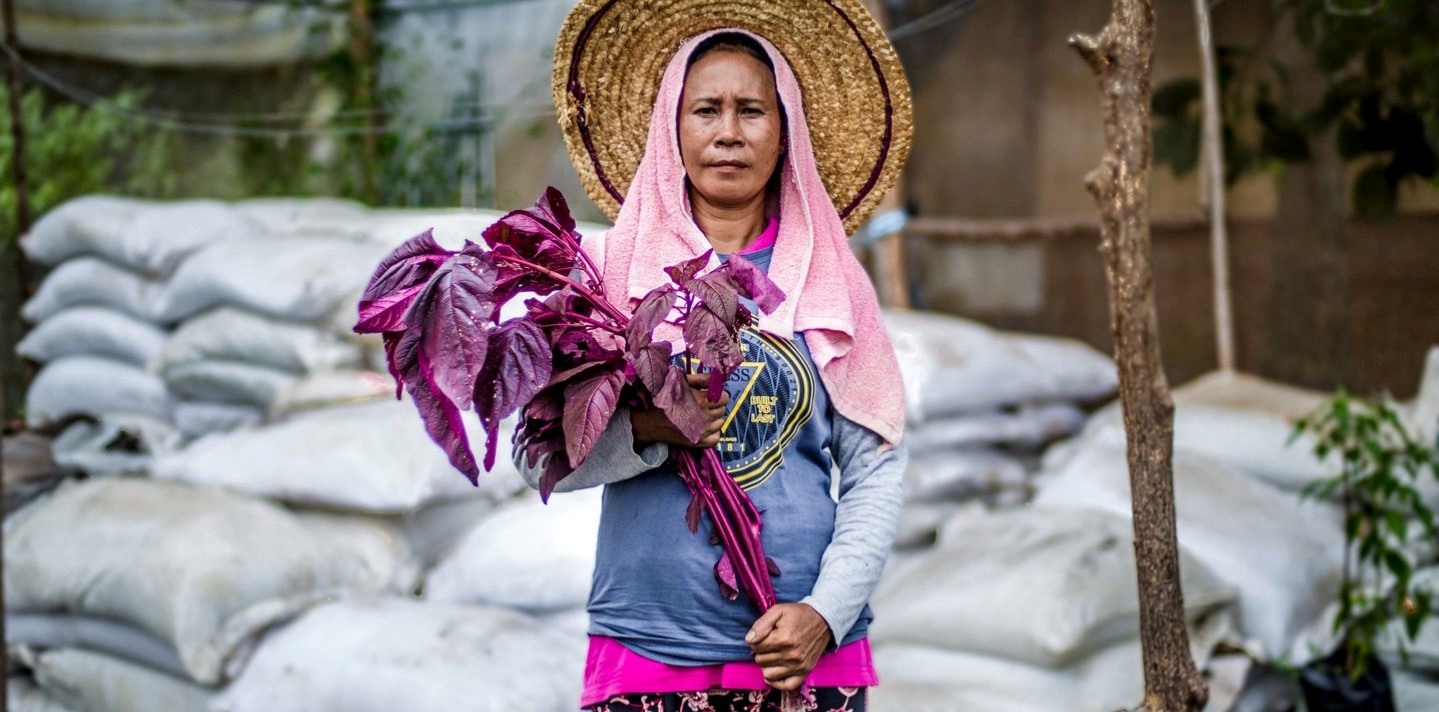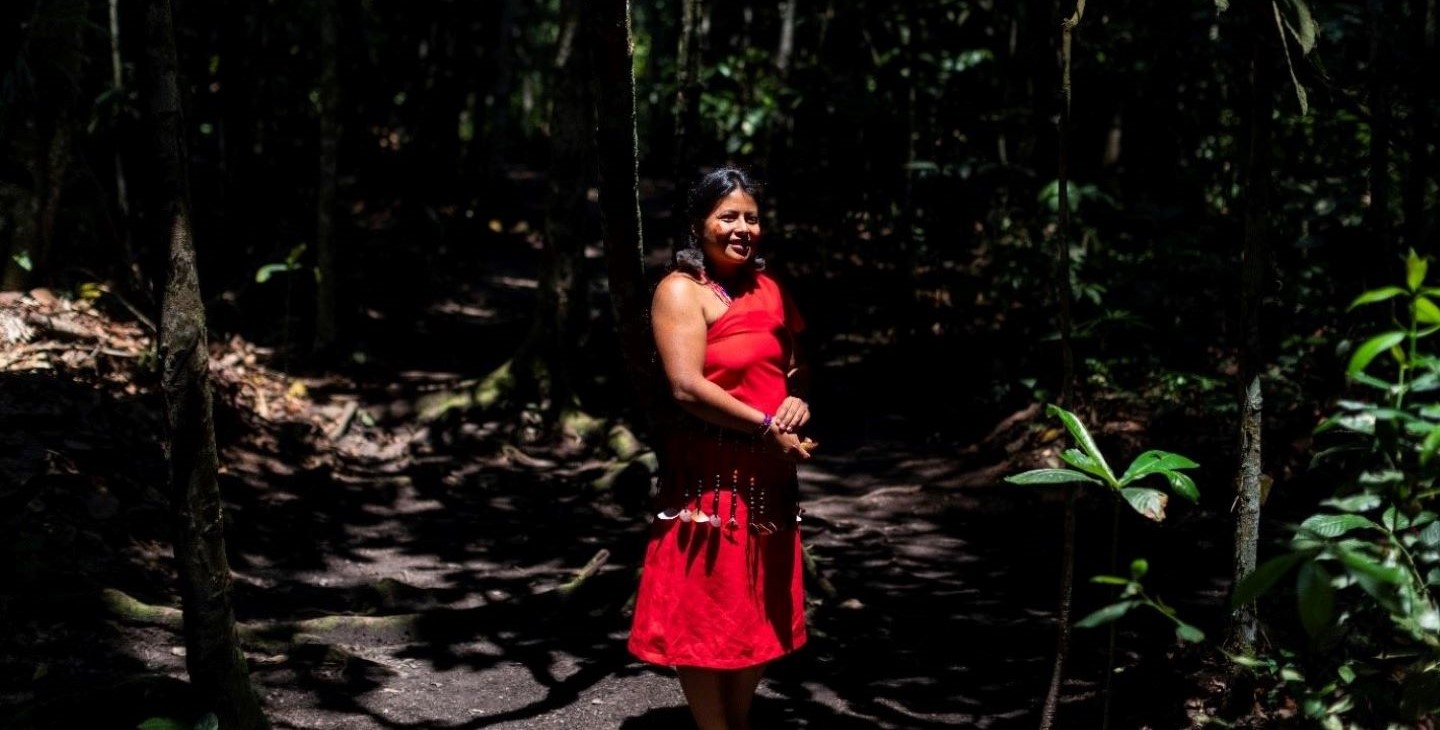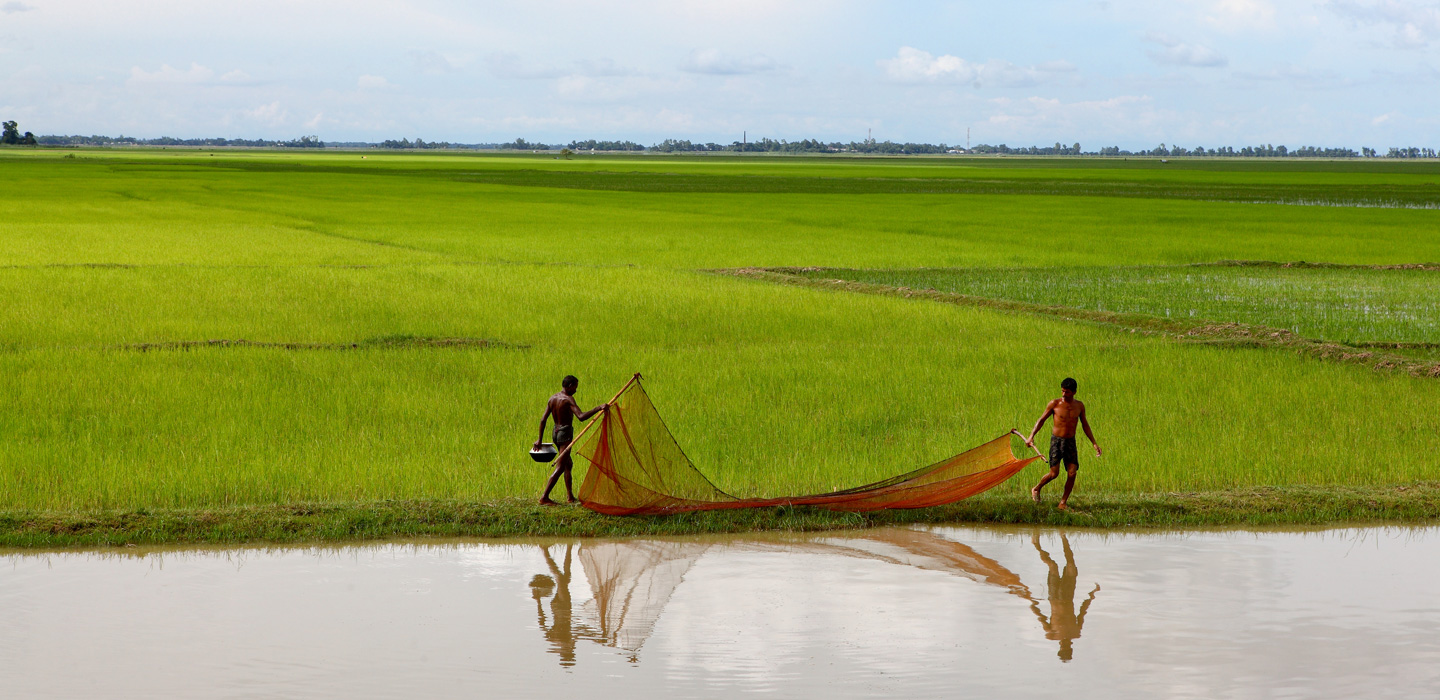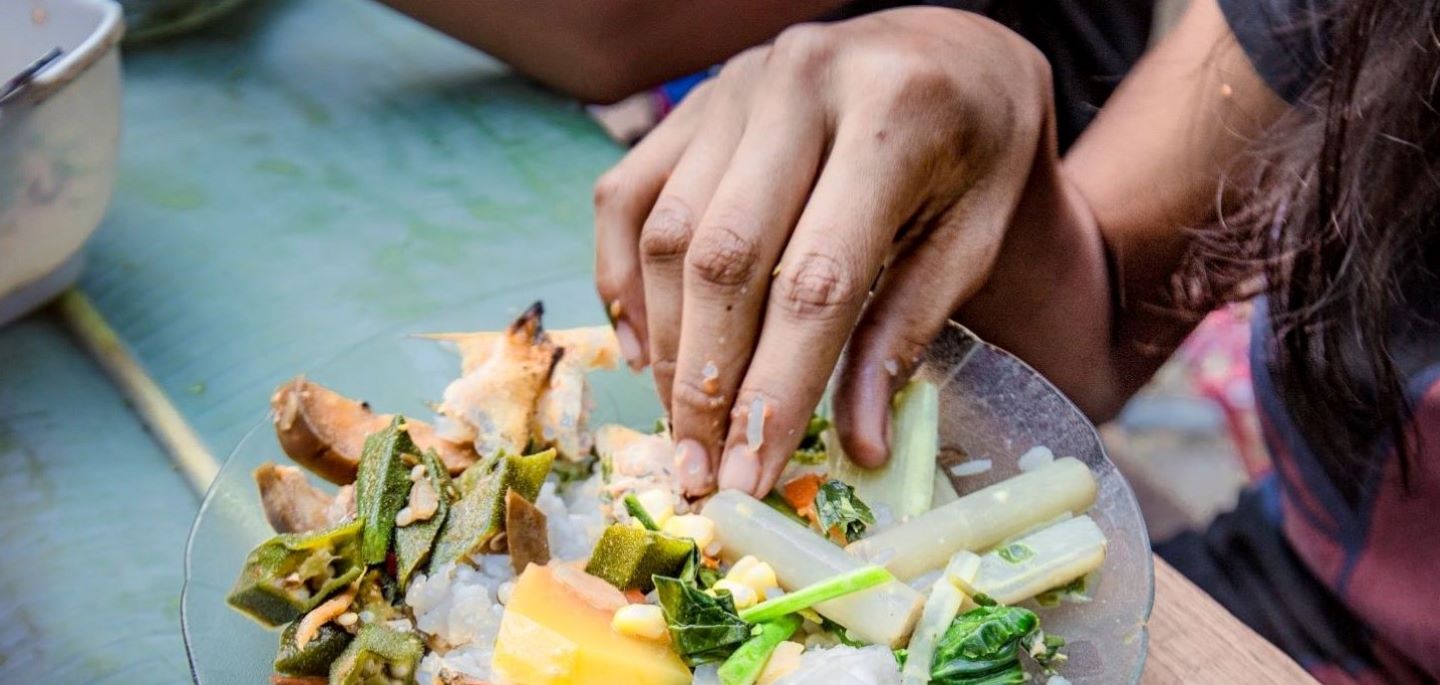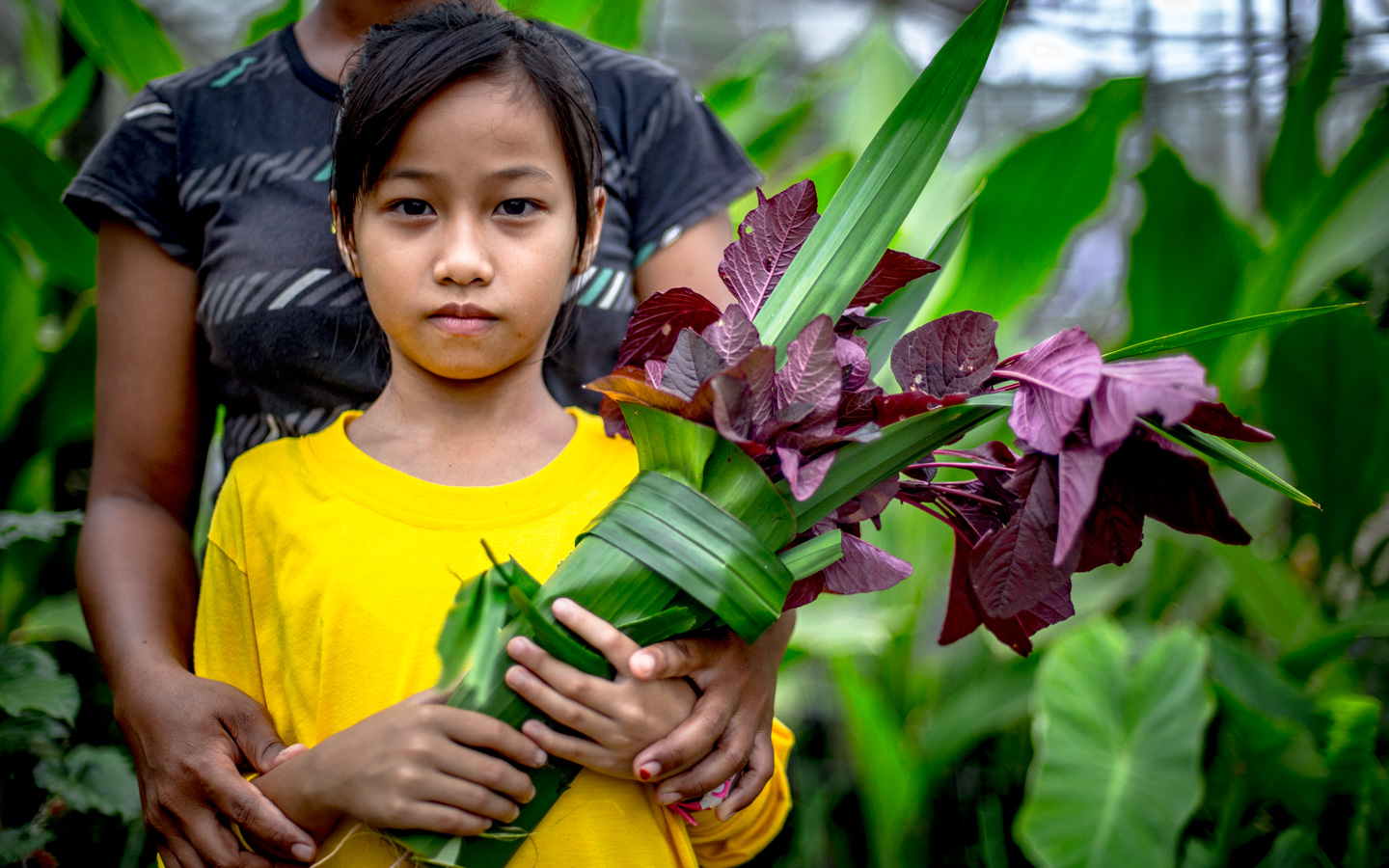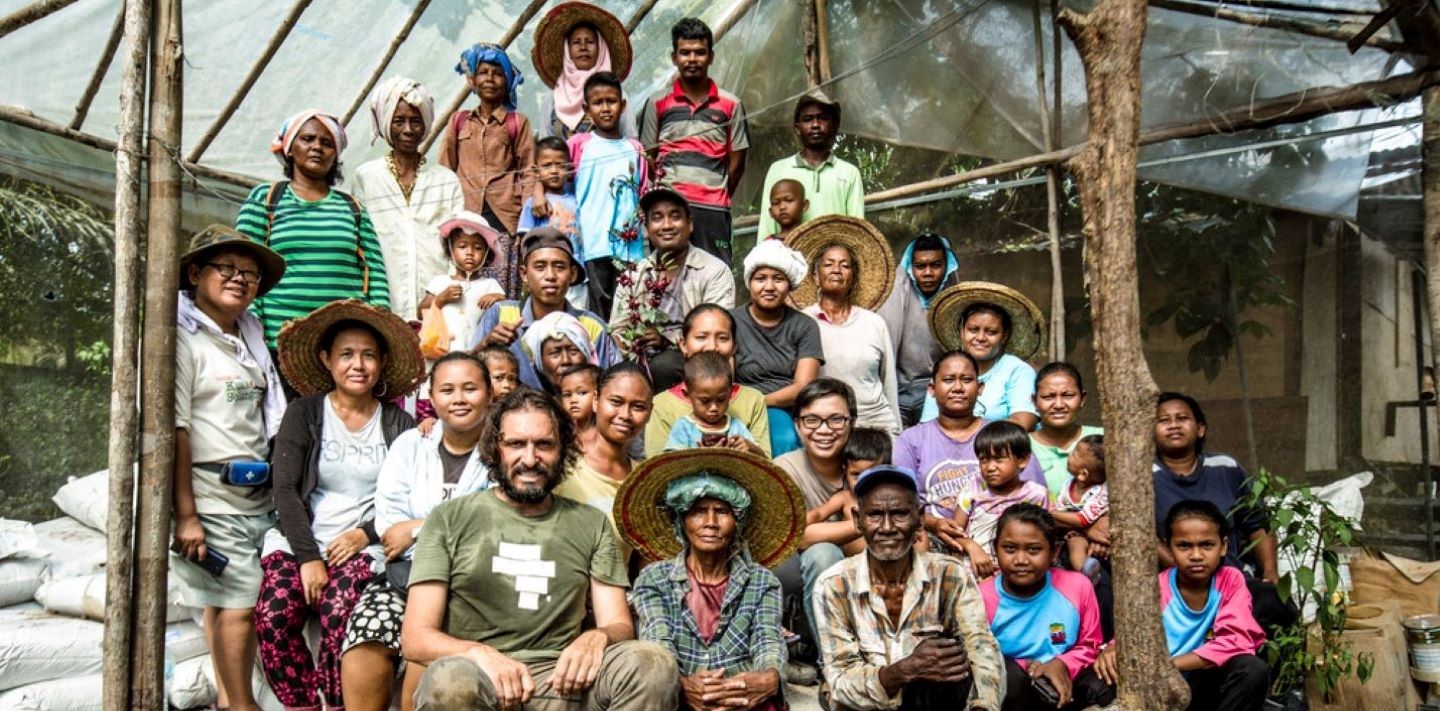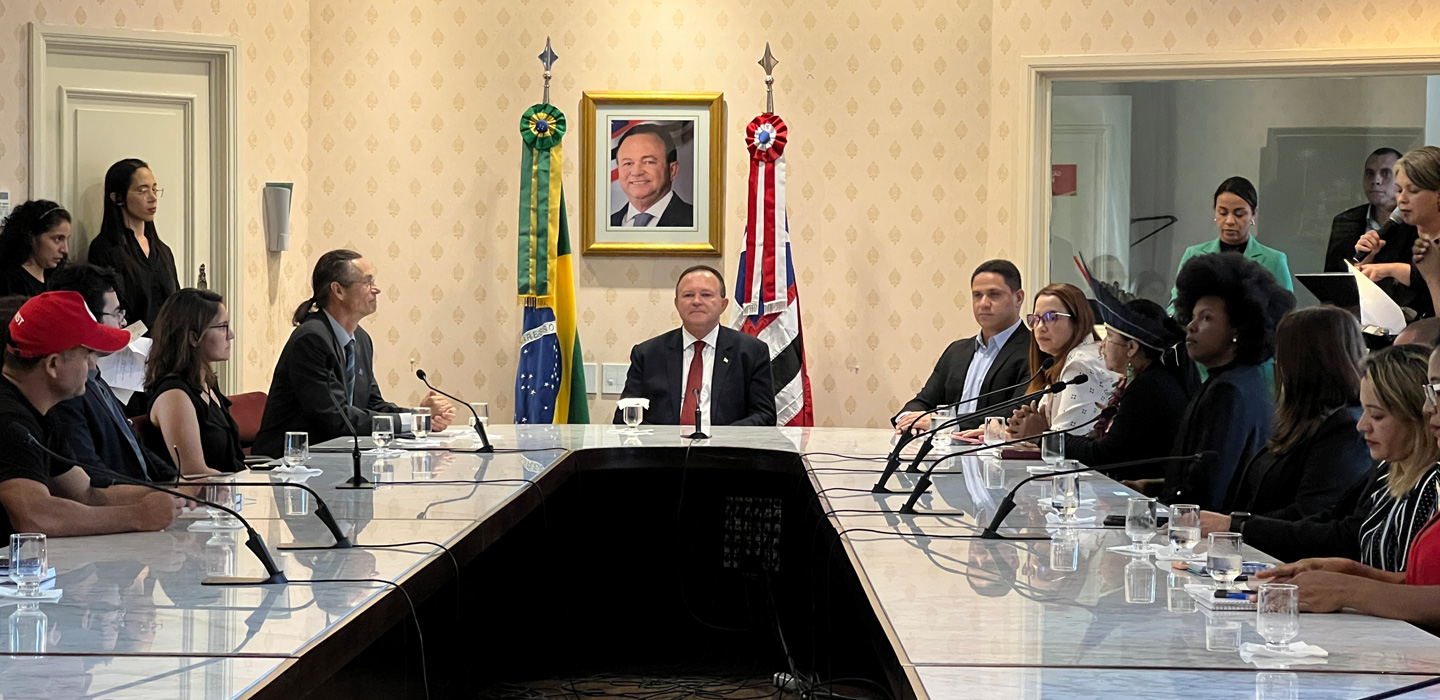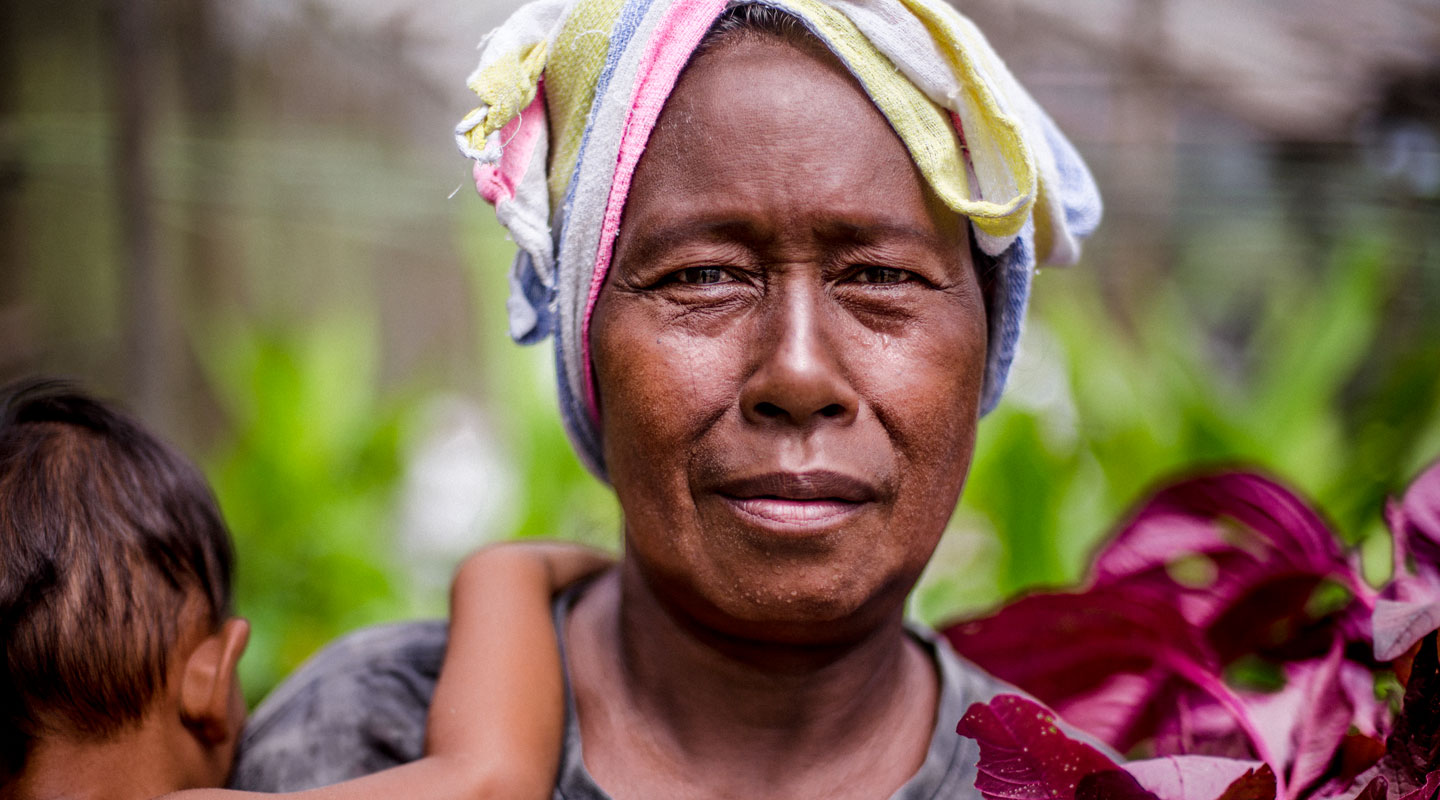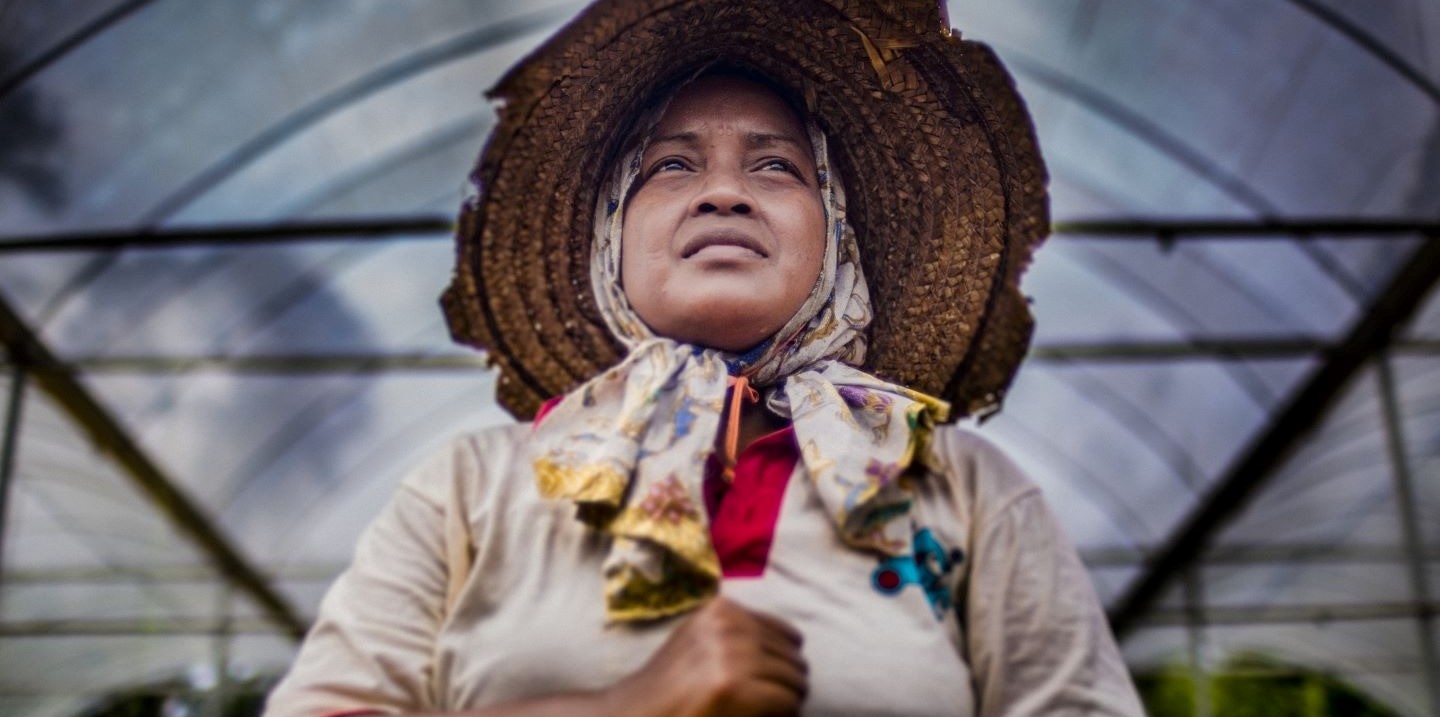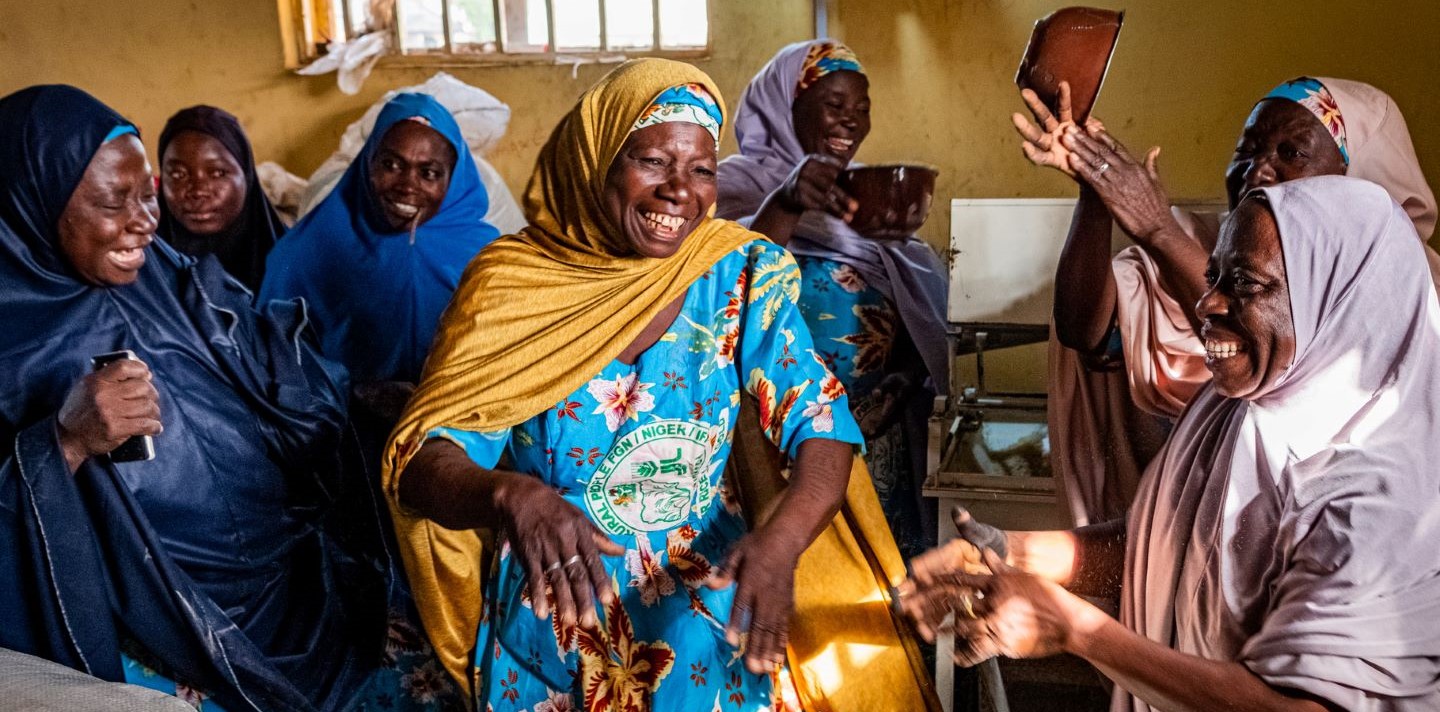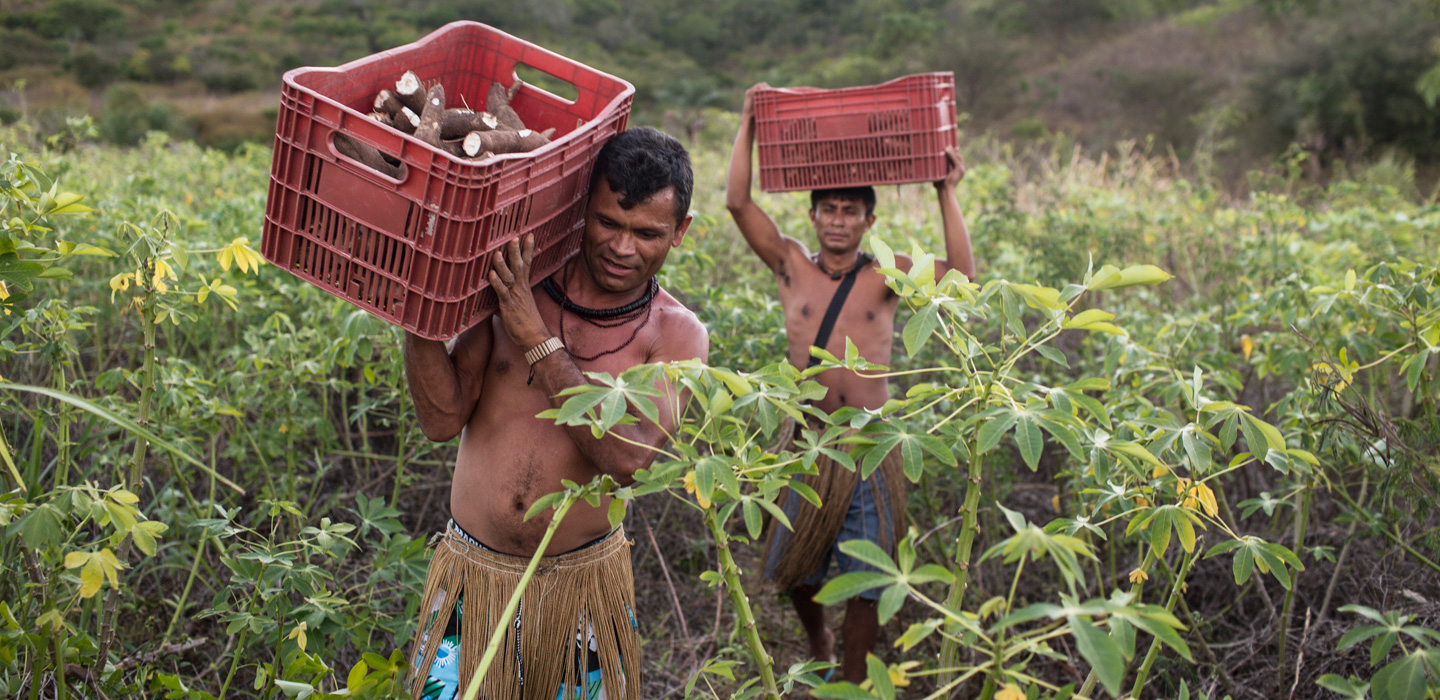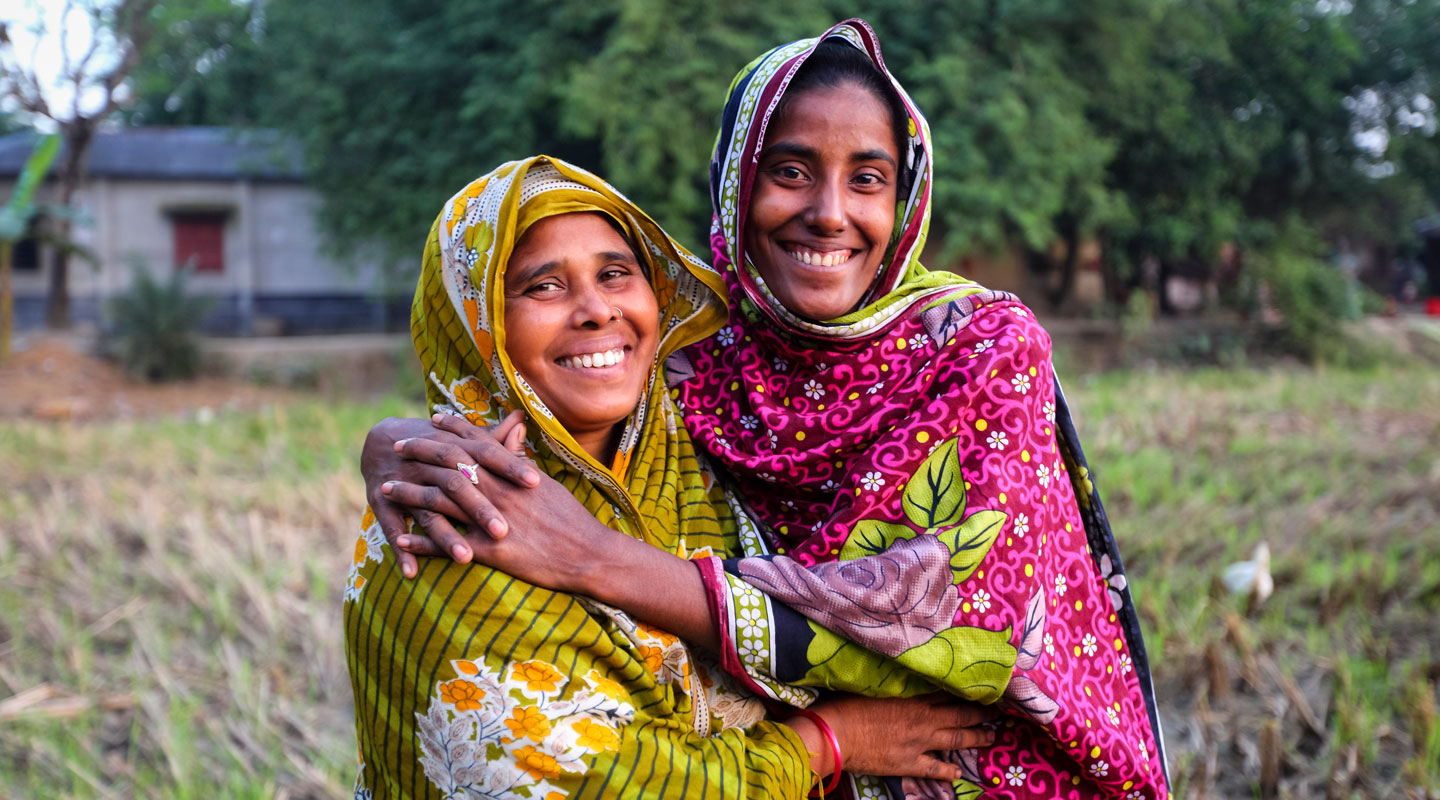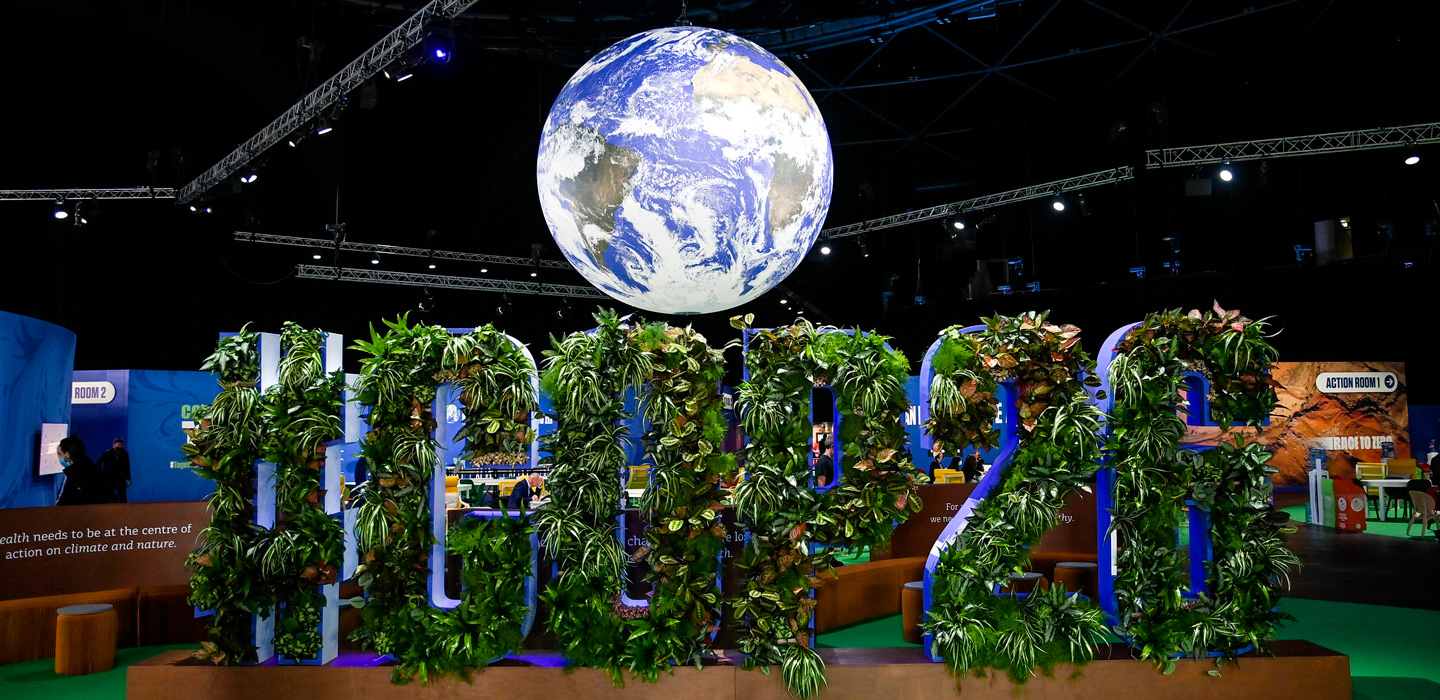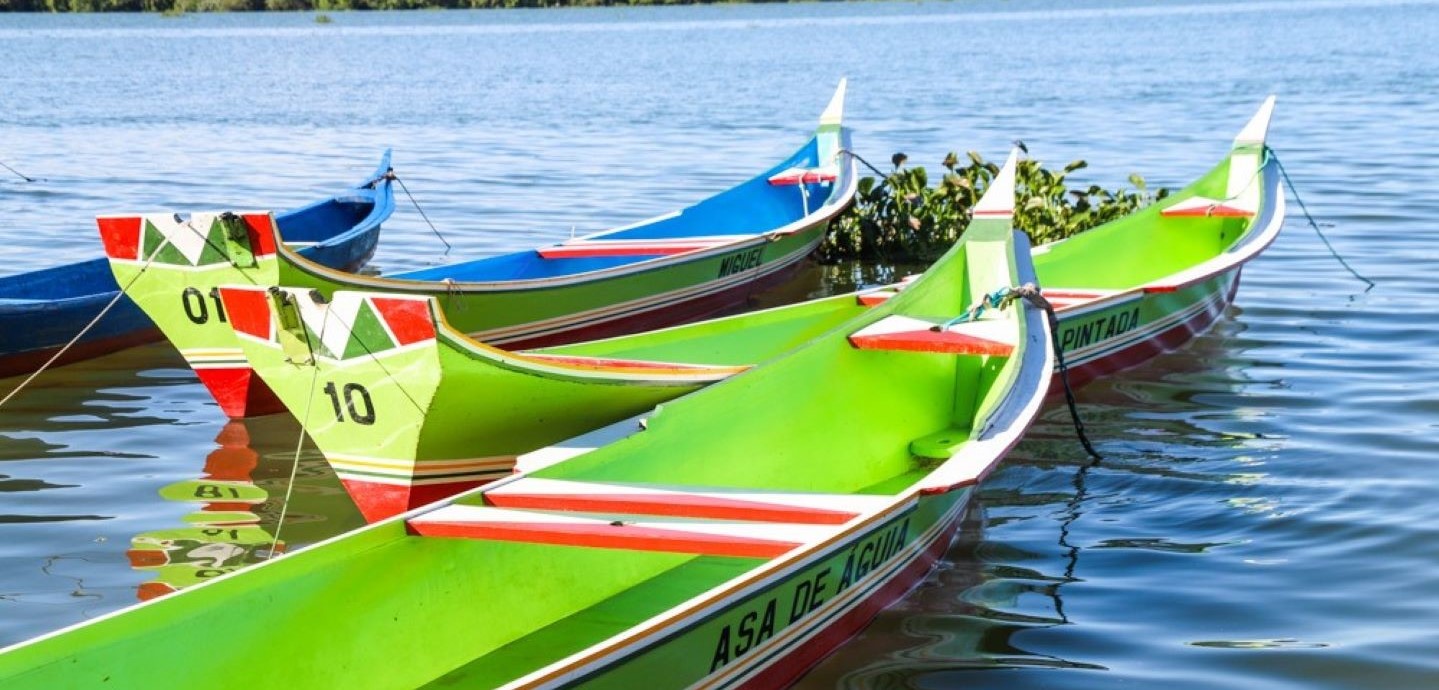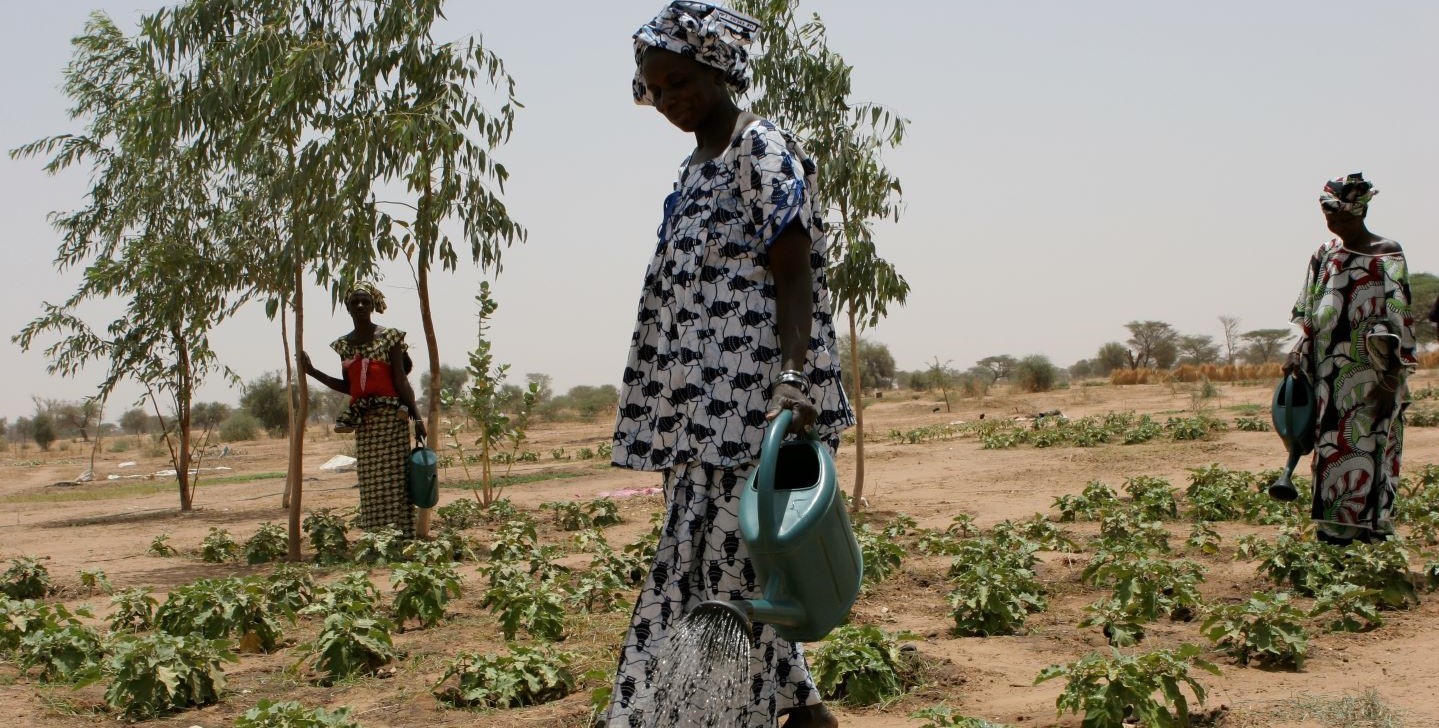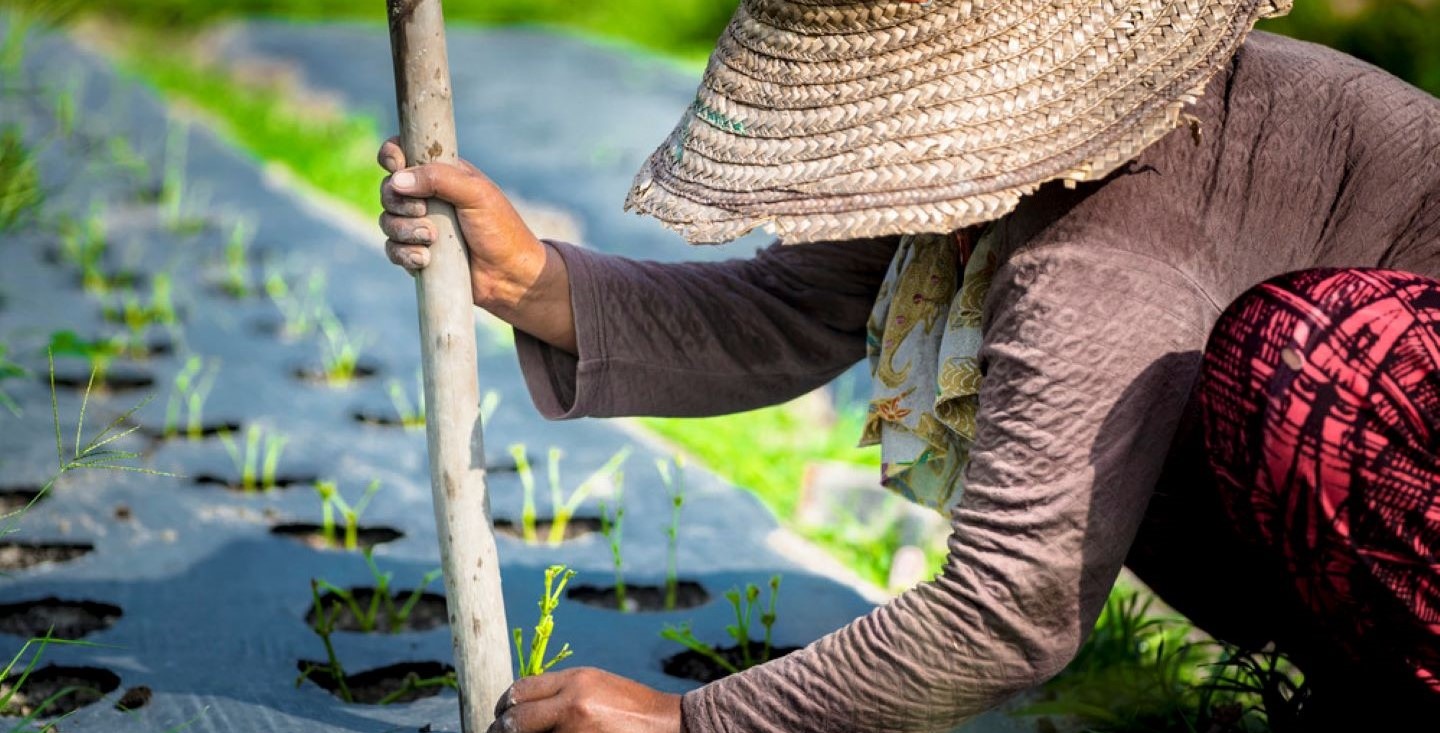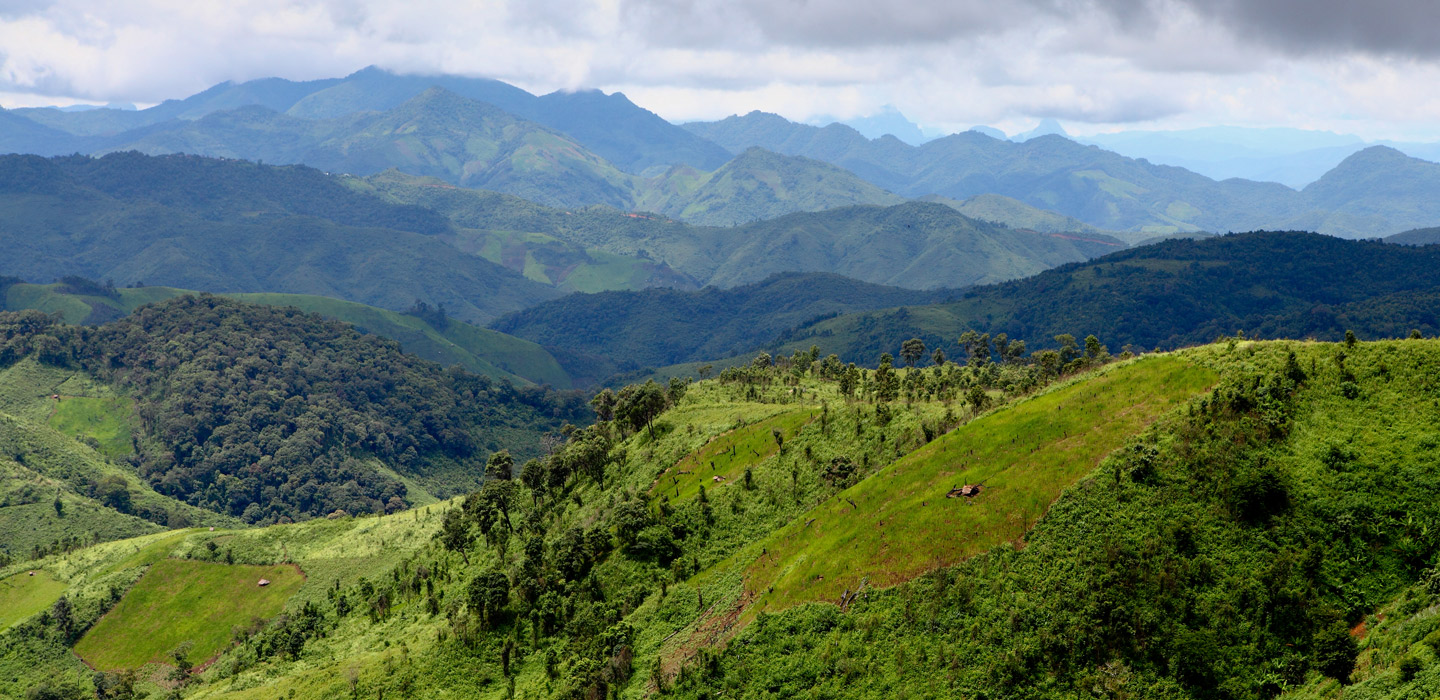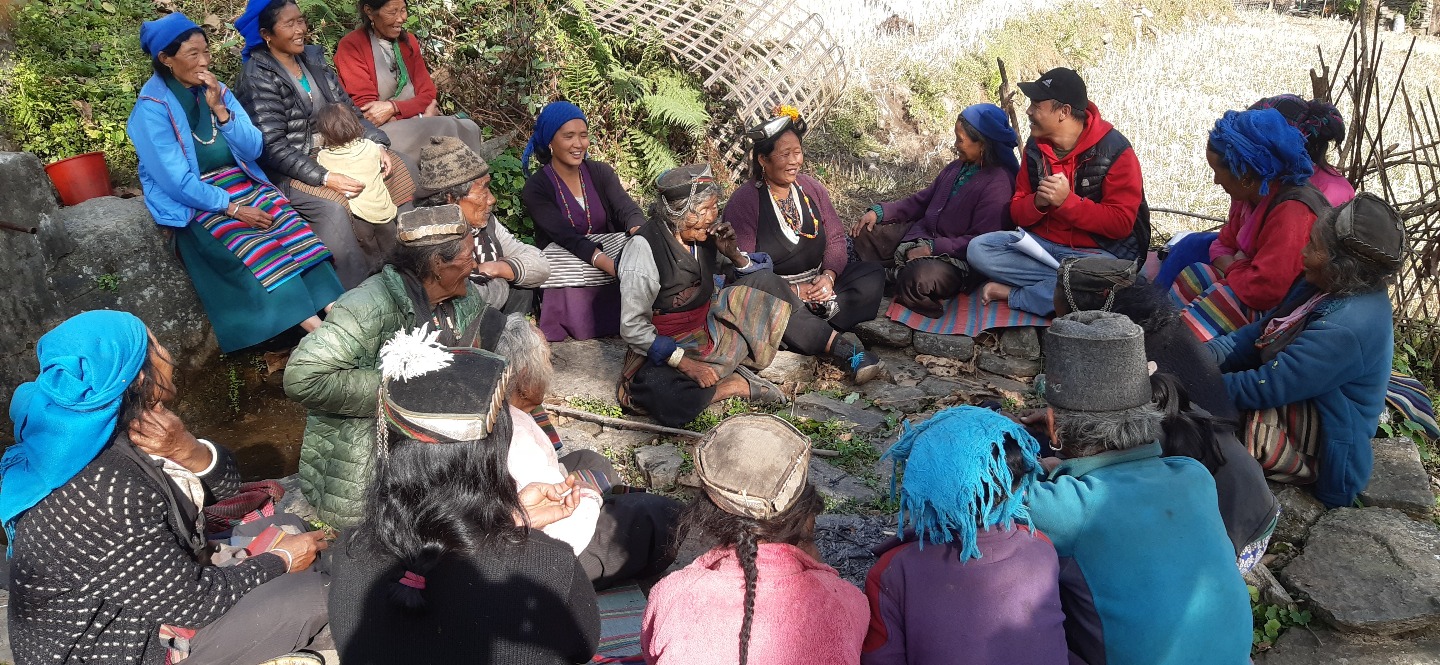Latest
Latest

Latest
Manual Submenu Topics
Search Results Filters
Search Results
Indigenous Peoples are protecting biodiversity, one harvest at a time
To conserve biodiversity, Indigenous Peoples use centuries-old food systems anchored in sustainable practices and unique to their native ecosystems.
It’s time to end violence against rural women
Violence against women is one of the greatest barriers to sustainable development. On the International Day for the Elimination of Violence against Women, let's reaffirm commitments to eliminate and prevent gender-based violence.
Saving the Amazon: The story of the indigenous women fighting climate change
In the heart of the Peruvian Amazon, a group of indigenous women are fighting climate change through reforestation and ancestral farming techniques.
Five ways IFAD is helping to reduce rural poverty in an age of climate change
Even when a world without poverty seems out of reach, here’s how IFAD continues to work in developing countries, amplifying the voices of rural people and integrating them into value chains, so they can earn and save, while feeding the world and conserving the natural environment.
You are what you eat: Indigenous youths breathe new life into ancient traditions
Young members of indigenous communities are working to reverse centuries of dispossession and preserve their way of life, including their food heritage.
2022 Call for Nominations: IFAD Indigenous Peoples Awards
The Indigenous Peoples Awards recognize the efforts and the achievements of development projects that successfully engage with indigenous peoples or ethnic minorities living in rural areas. They promote best practices, share knowledge and identify opportunities to replicate and scale-up results.
5 indigenous words about the environment that don’t exist in English
Indigenous peoples can teach us a lot about mitigating the impacts of climate change. Over generations, these communities have protected the biodiversity of their homes. They also use language in a powerful way to describe how they interact with the natural environment. Discover five unique words and concepts.
IFAD-funded project to help preserve Amazonian forest in one of Brazil’s poorest states
IFAD and the Government of the State of Maranhão signed a financing agreement today for the implementation of the Amazon Sustainable Management Project (PAGES). Implemented in Brazil’s state with the highest poverty and food insecurity rates, the project will address the entrenched environmental degradation of the Amazonian forest.
Why free, prior and informed consent is so important for indigenous peoples
At the heart of this year’s session of the UN Permanent Forum on Indigenous Issues is “free, prior and informed consent.” Quite a mouthful! But what does it really mean? And why does it matter?
The importance of food sovereignty for indigenous peoples: A conversation with Dr. Elifuraha Laltaika
Learn more about food sovereignty and what it means for indigenous peoples with Dr Elifuraha Laltaika, a professor of law and expert on indigenous peoples’ rights.
Indigenous peoples lead adaptation efforts through IFAD’s dedicated funding
Over the millennia, indigenous peoples have developed practices that honour the interconnectedness of people and nature – yet all too often, their contributions are overlooked and devalued. IFAD is committed to supporting indigenous peoples in overcoming poverty and meeting global challenges through building on their identities and cultures.
2021 Gender Awards: Five IFAD-supported projects transforming women’s roles in rural communities
Every year, we recognize a project from each of our regions that empowers rural women and girls. Here, we present the winners of the 2021 Gender Awards.
Brazil: Sharing Buriti with the rest of the world
Brejo Dois Irmãos is a tiny and isolated community of 200 families in north-east Brazil. It hides a precious treasure: the burití, or “tree of life” in the indigenous Tupi-Guarani language.
Disability rights matter for the world’s rural-dwellers
Our vision of inclusive, sustainable, green, and resilient rural economies can’t be accomplished without the inclusion of persons with disabilities. We are committed to finding ways for persons with disabilities to participate fully in society and realize their potential as contributors to vibrant rural economies.
Highlights from COP26 – Friday 12 November 2021
The end of COP26 is fast approaching, and we’re still waiting for a final agreement. However, based on the draft texts that have been released, it’s clear there’s still a risk of gaps between long-term targets and short-term action.
On the banks of the São Francisco, where fishing, tourism and social inclusion converge
Brazil’s São Francisco river is a place of convergences. The river delta, and the stunning tropical forest surrounding it, is home to many different ethnic groups who settled there in search of a fresh start. Plans for a new ecotourism route that would allow visitors to experience the area’s rich culture and traditions were well under way – and then the pandemic struck. Nevertheless, one IFAD-funded project managed to support the region’s artisans and fishers.
Four ways nature-based solutions benefit rural people and communities
“Nature-based solutions” (NbS) might sound like a buzzword, but these techniques are some of the most effective tools in our arsenal against the effects of climate change.
Neglected and underutilized species are the key to nourishing the world
The natural world has a wealth of plants that can sustain human life, yet global food systems are dominated by just three: wheat, maize, and rice. These species provide 50 percent of the plant-based calories we eat and occupy 40 percent of the world’s arable land.
Revitalizing the practice of shifting cultivation: A conversation with Dr Dhrupad Choudhury
Shifting cultivation is an indigenous food system practiced by millions of people across south and south-east Asia. A new resource book authored by Dr Dhrupad Choudhury, in collaboration with ICIMOD, is designed to guide policymakers and development professionals in sustainably transforming this practice.
Creating smoke-free kitchens in Nepal through Indigenous community empowerment
EcoHimal Nepal is a national non-government organization that works with rural mountain communities. They developed a project with NELHOS, another local organization funded by IFAD, in Rukuma and Chepuwa villages of Bhotkhola Rural municipality to develop ‘’smoke-free kitchens’’.
